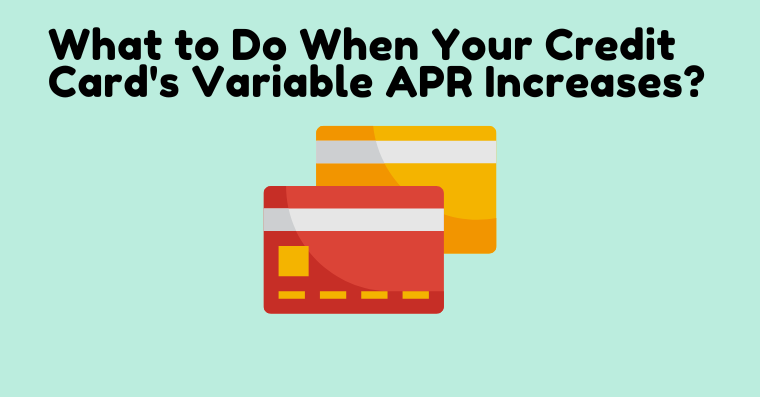Search This Blog
Our goal at Best Credit Guide is to empower people with the knowledge and tools they need to make informed financial decisions and achieve their financial goals.
Featured
- Get link
- X
- Other Apps
HOW TO DETERMINE YOUR CREDIT CARD'S CREDIT LIMIT?
The credit limit on a credit card is the maximum amount of money that the cardholder is allowed to borrow. The credit limit is set by the credit card issuer based on a variety of factors, including the cardholder's credit score, income, and credit history. In this article, we will discuss how credit card issuers determine the credit limit on your credit card.

1.
Credit Score The credit score is one of the most
important factors that credit card issuers consider when determining the credit
limit on a credit card. The credit score is a numerical representation of a
borrower's creditworthiness and is based on factors such as payment history,
credit utilization, and length of credit history. A higher credit score
indicates that the borrower is less of a risk, which can lead to a higher
credit limit.
2.
Income The income of the cardholder is another
important factor that credit card issuers consider when determining the credit
limit on a credit card. The income of the cardholder gives an indication of
their ability to repay the borrowed amount. Higher income can lead to a higher
credit limit, as the card issuer may be more confident in the cardholder's
ability to repay the borrowed amount.
3.
Credit History The credit history of the
cardholder is also an important factor in determining the credit limit on a
credit card. A longer credit history with no negative marks can indicate a
responsible borrowing behavior, which can lead to a higher credit limit. On the
other hand, a shorter credit history or negative marks on the credit report can
lead to a lower credit limit.
4.
Credit Utilization Credit utilization is the
amount of credit used compared to the total amount of credit available. High
credit utilization can indicate that the cardholder is relying heavily on
credit, which can be seen as a risk by the card issuer. As a result, high
credit utilization can lead to a lower credit limit.
5.
Existing Debt Existing debt is also a factor
that credit card issuers consider when determining the credit limit on a credit
card. If the cardholder has existing debt, it can be an indication that they
may not have the ability to repay additional debt. As a result, credit card
issuers may set a lower credit limit.
6.
Cardholder Request Finally, the cardholder can
request a specific credit limit on their credit card. The card issuer may
consider the request based on the factors mentioned above and either approve or
deny the request.
Conclusion:
In conclusion, credit card issuers use a variety of factors to determine the credit limit on a credit card, including credit score, income, credit history, credit utilization, existing debt, and cardholder request. Cardholders can improve their chances of getting a higher credit limit by maintaining a good credit score, having a stable income, keeping a low credit utilization ratio, and having a positive credit history.
Popular Posts
The Role of Forex Credit Cards in International Business Transactions
- Get link
- X
- Other Apps
What to Do When Your Credit Card's Variable APR Increases?
- Get link
- X
- Other Apps


Comments
Post a Comment